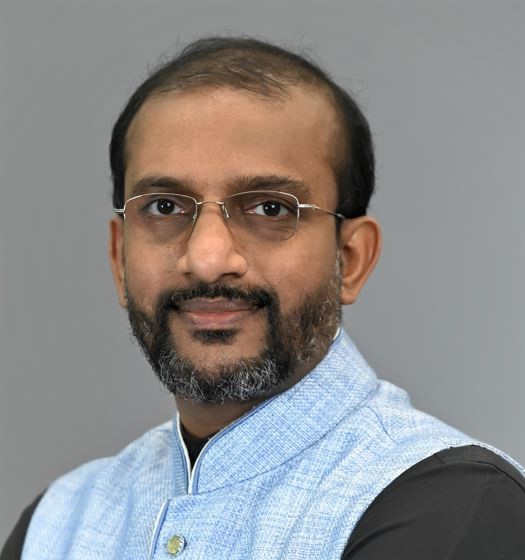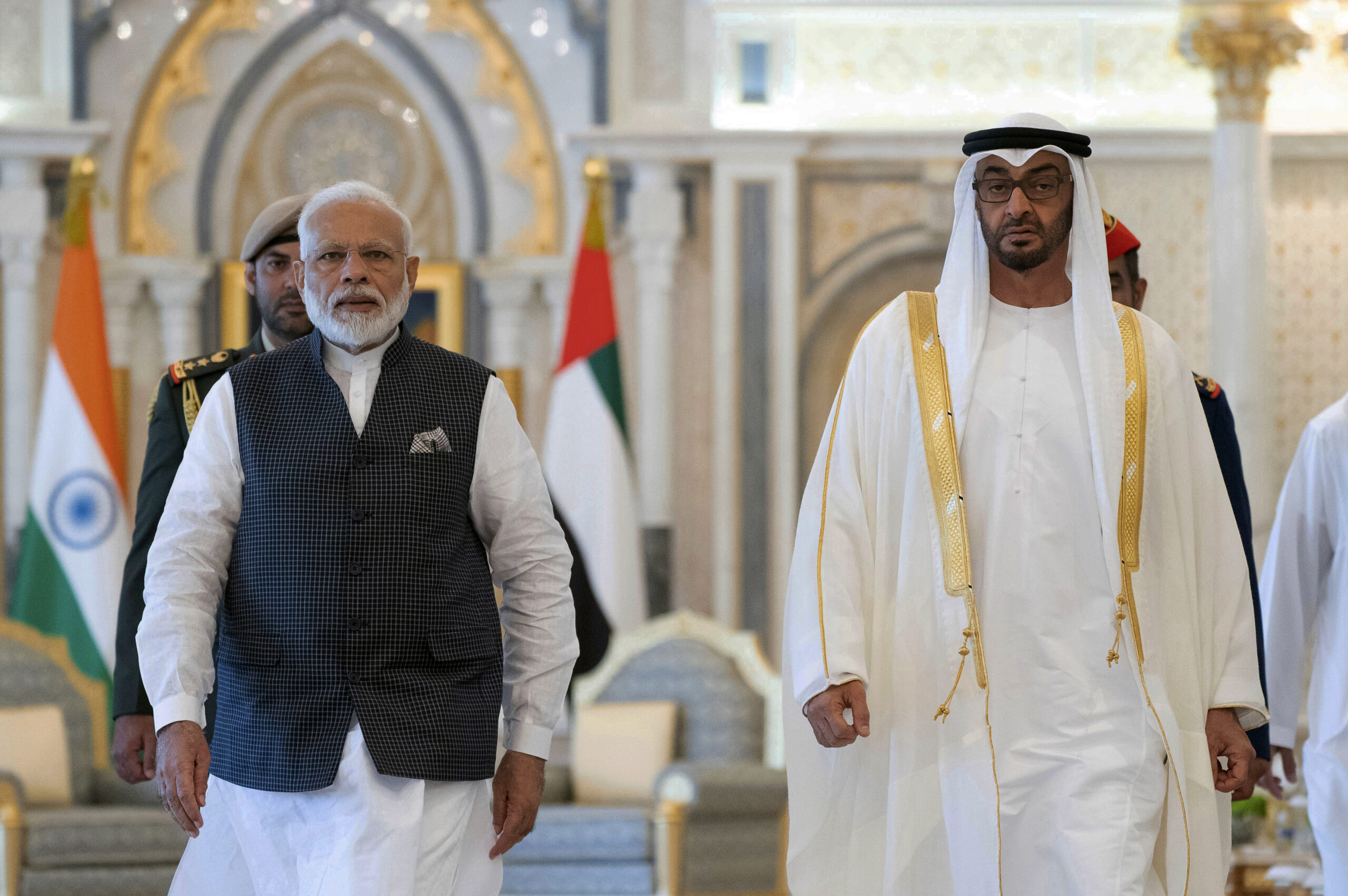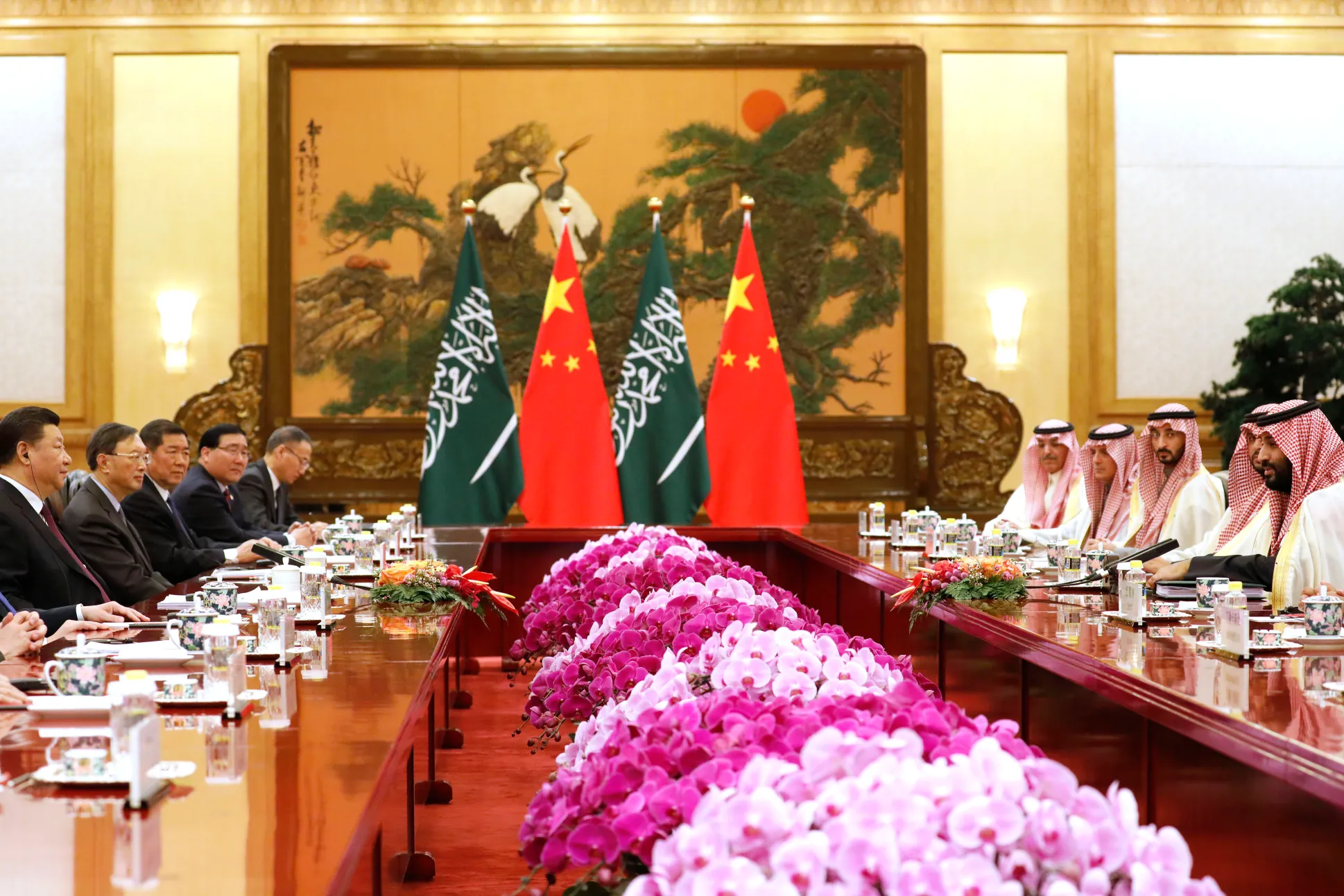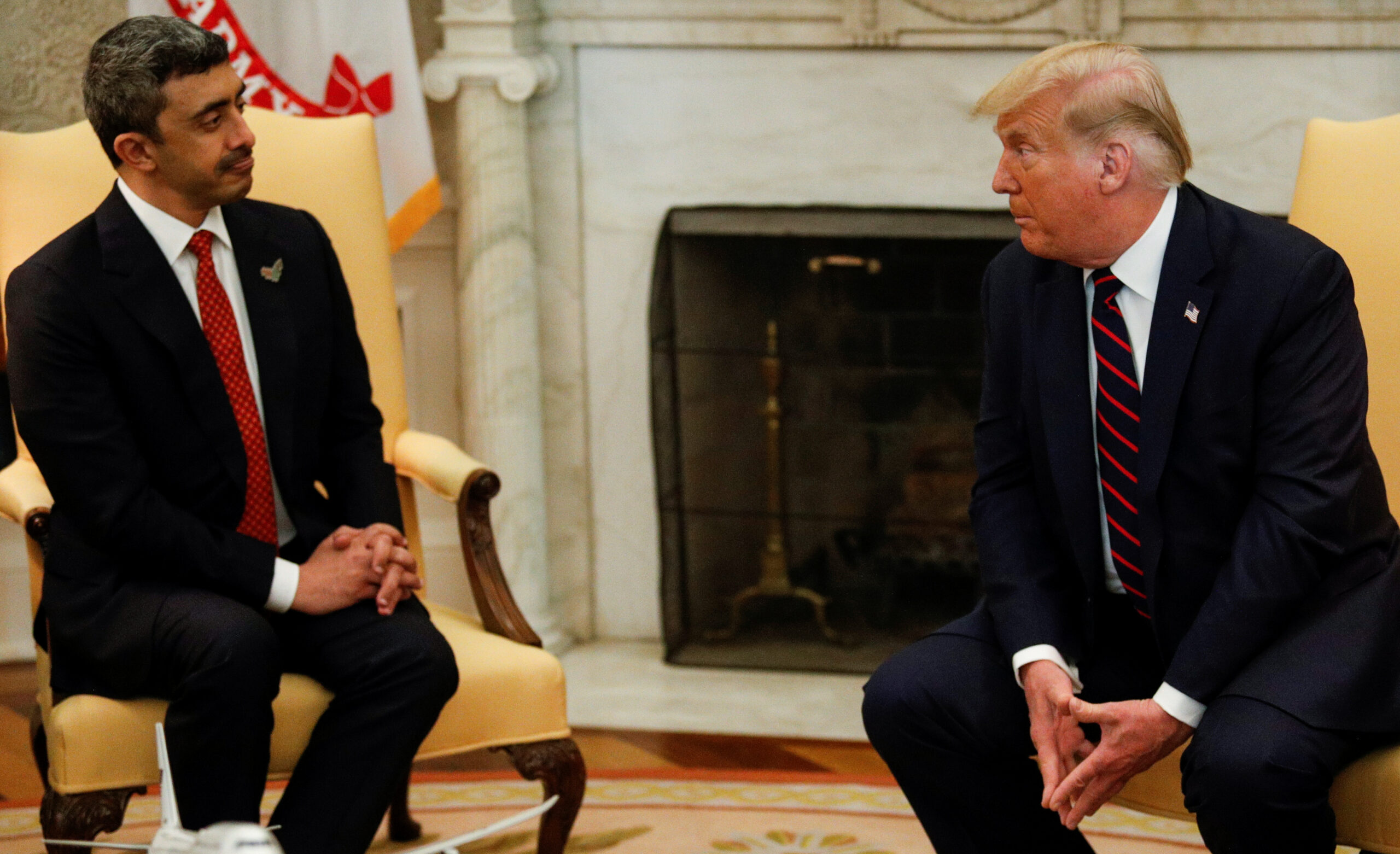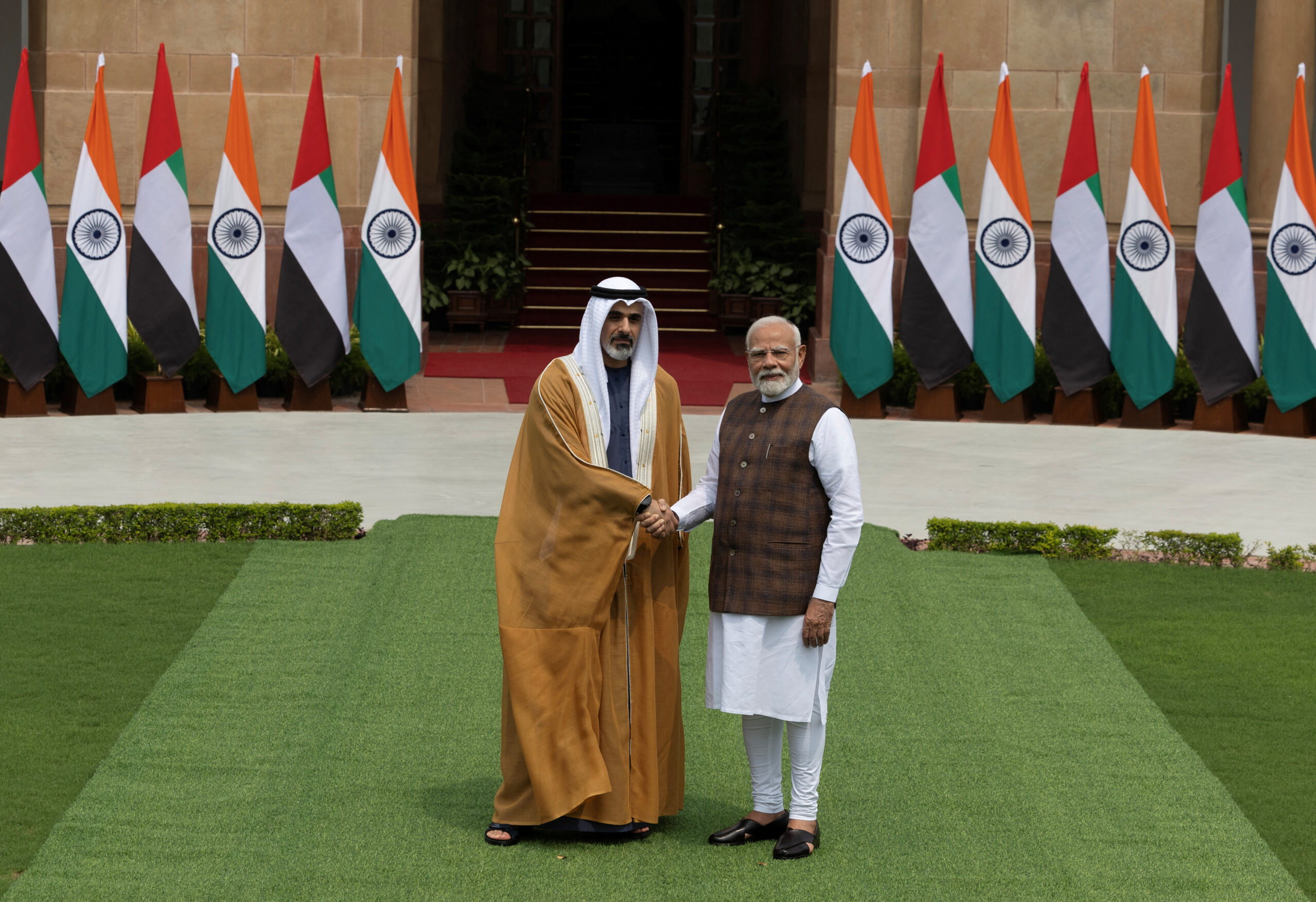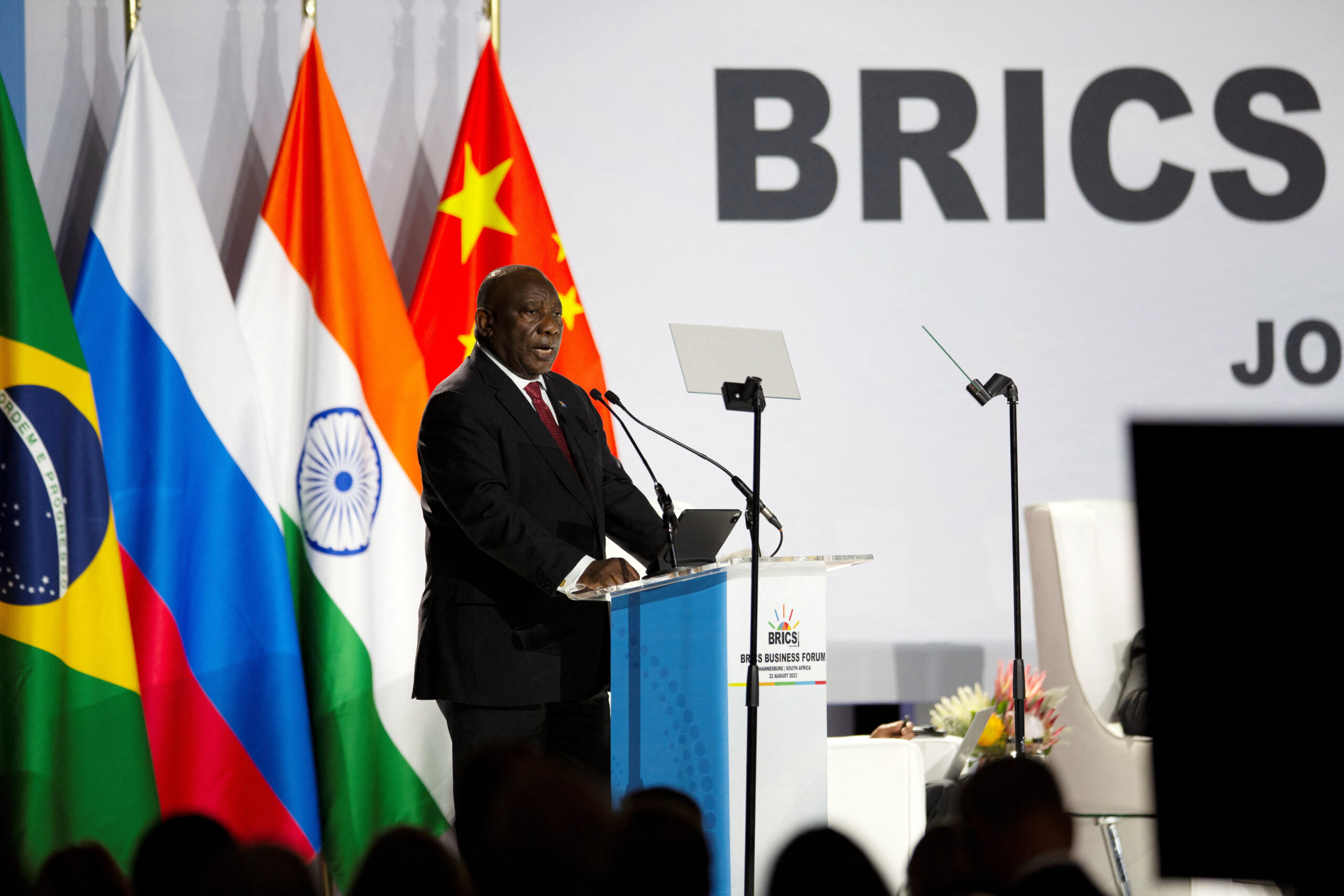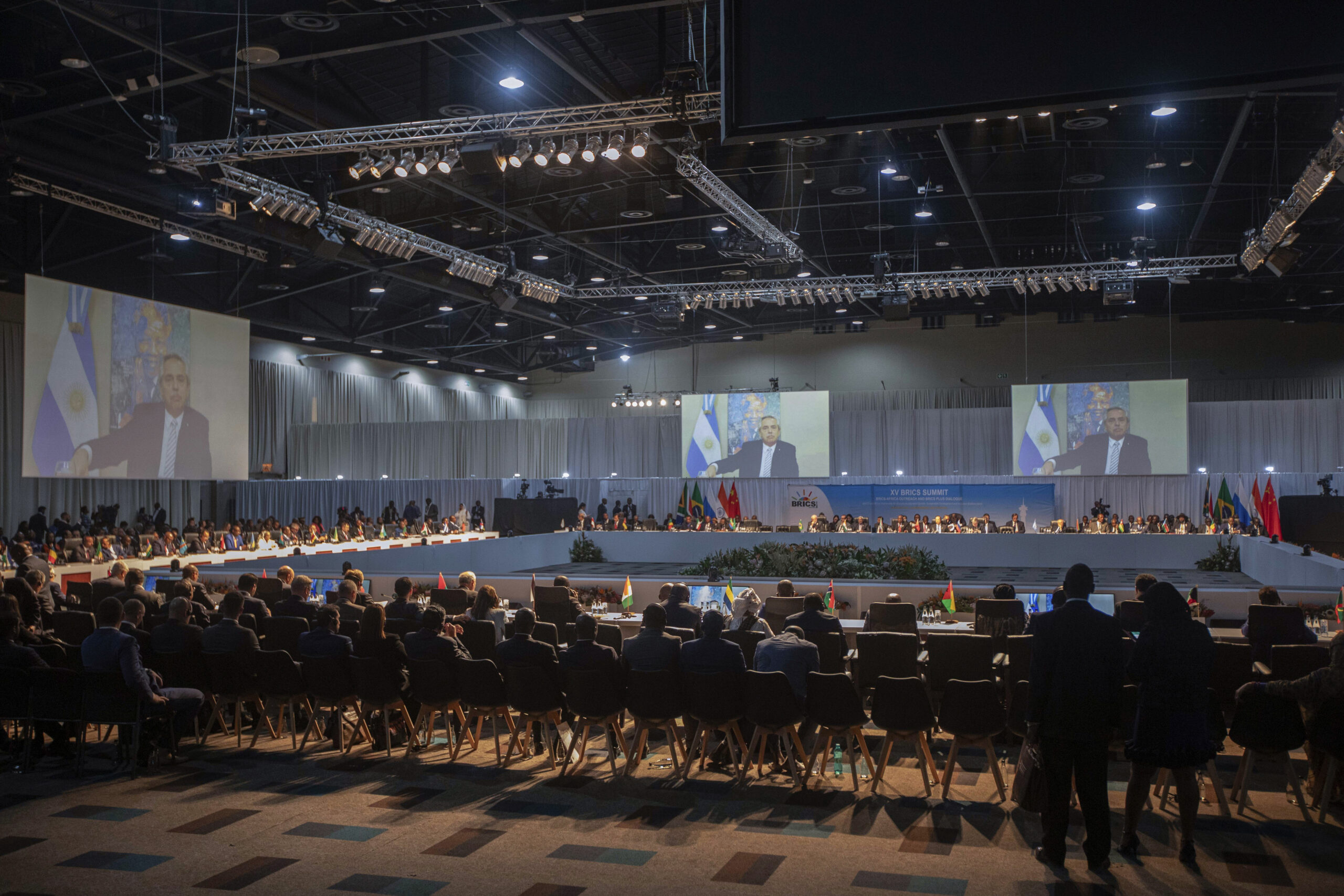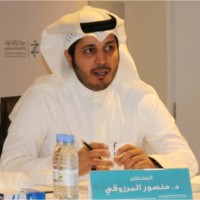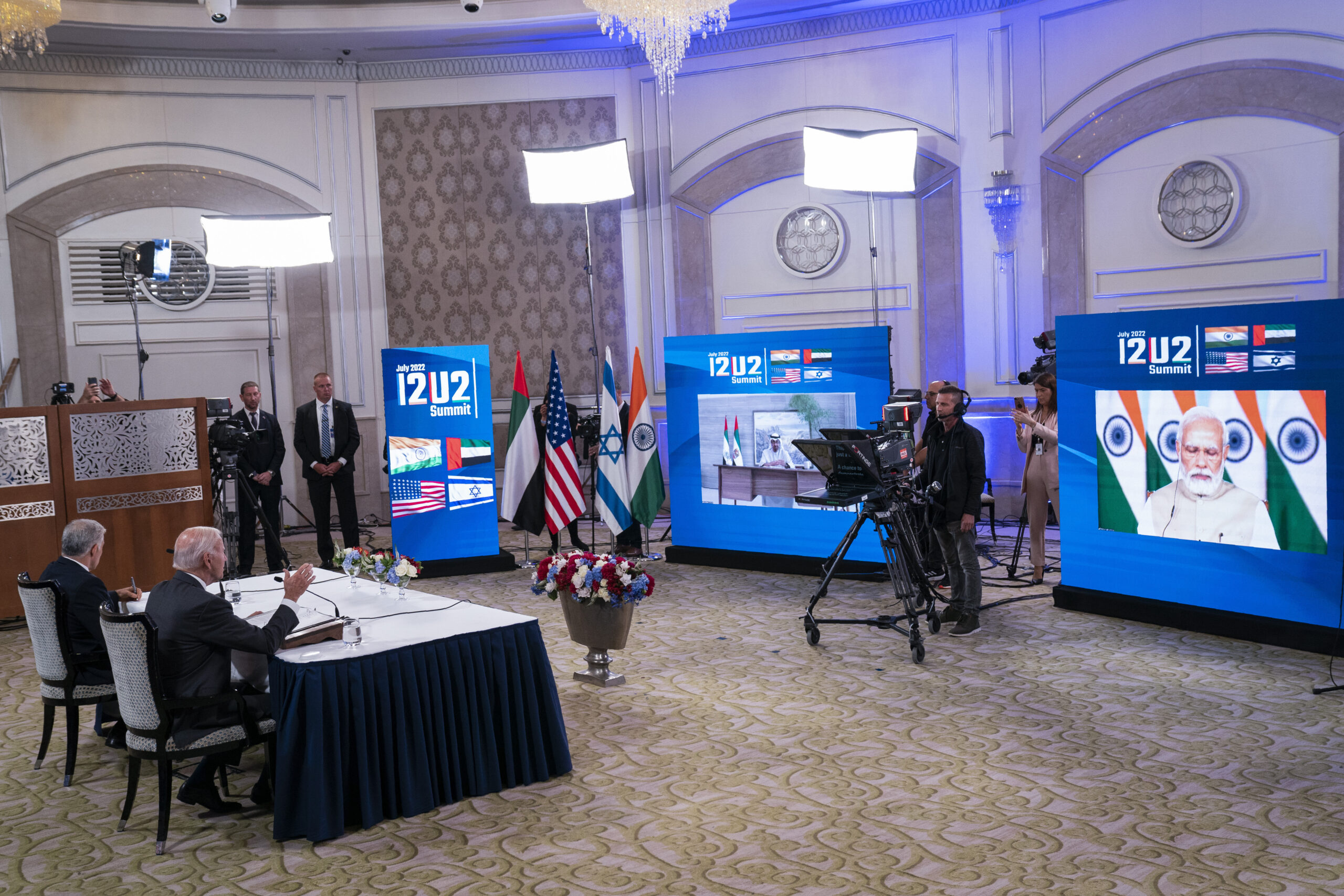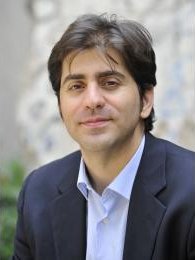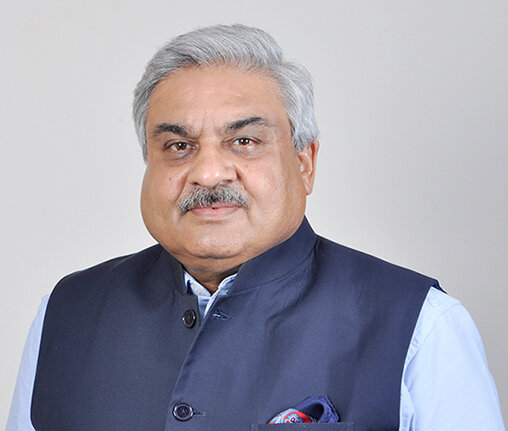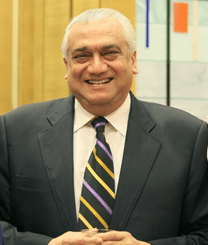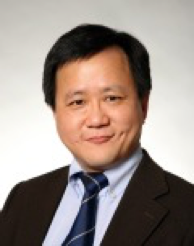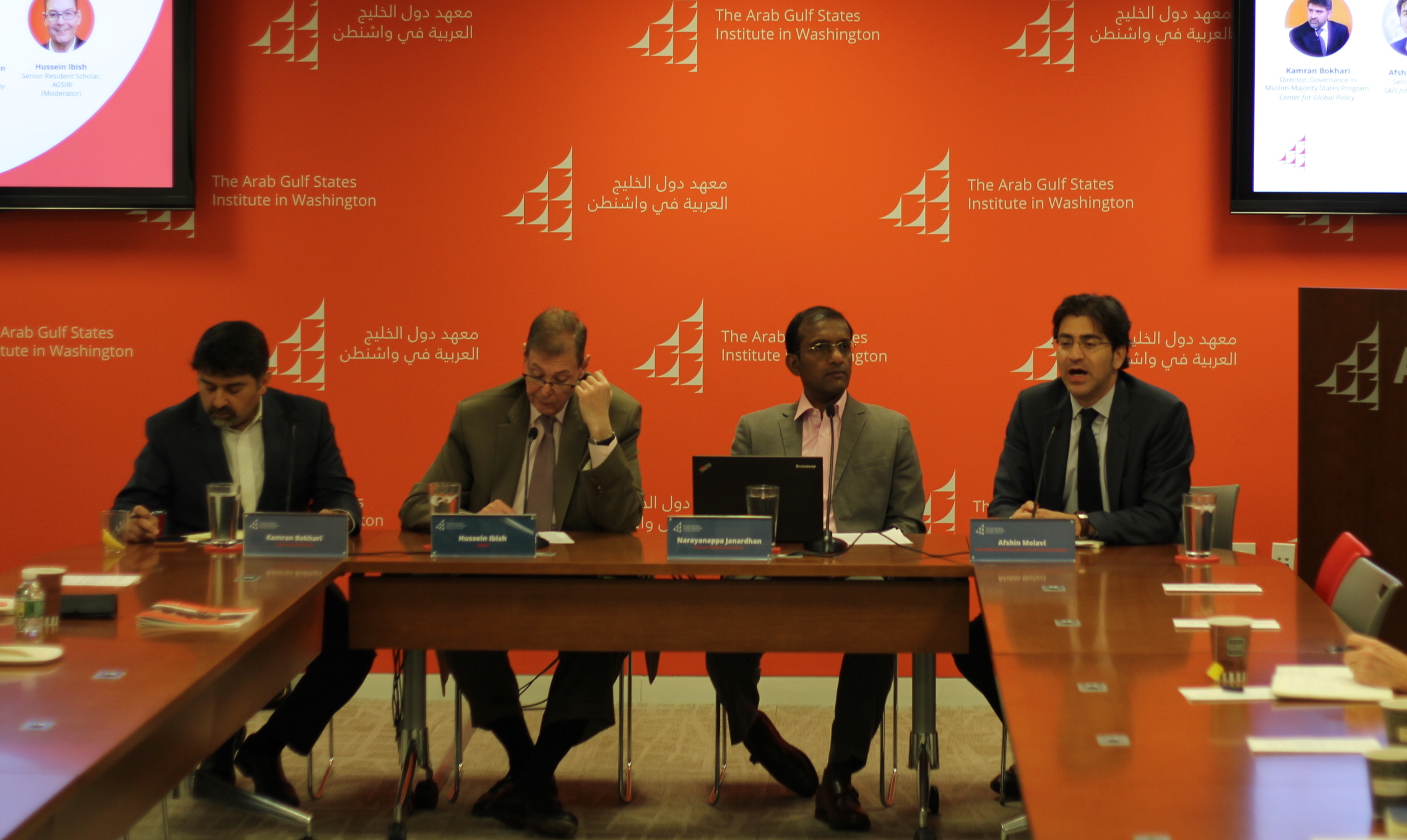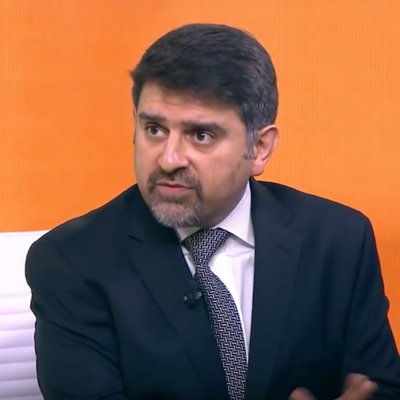Japan’s Oil Diplomacy in the Gulf: Old Idea, New Approaches
Japan’s need for energy security has long driven relations with the Gulf states, but, under the banner of economic diplomacy, Gulf-Japan ties are diversifying.
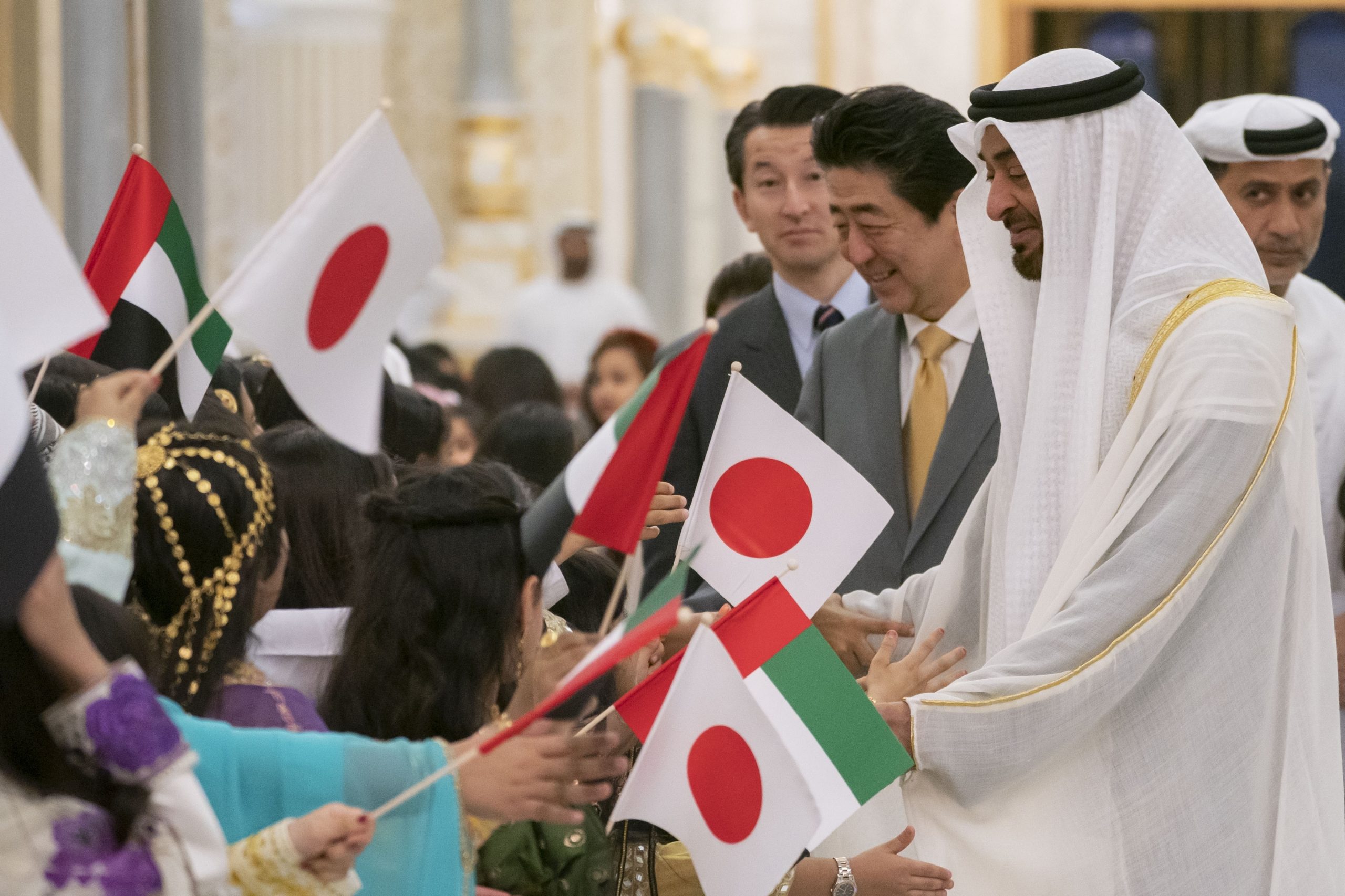
When Tehran fired missiles at Iraqi bases hosting U.S. troops in retaliation for the assassination of Iran’s Quds Force commander, Major General Qassim Suleimani, in January 2020, it was speculated that Japanese Prime Minister Shinzo Abe’s Middle East tour would be canceled. Undeterred, Abe’s trip went ahead just days after U.S.-Iran tensions had left the region on tenterhooks.
The proactive diplomatic outreach to Saudi Arabia, the United Arab Emirates, and Oman was motivated by Japan’s self-interest in ensuring energy security and its unique position as a partner of the United States, Iran, and Gulf Arab states. Rather than discuss just economic partnerships, Abe’s agenda focused on de-escalating the regional tensions and garnering Gulf Arab leaders’ support for Japan’s plan to send its Maritime Self Defense Force units to bolster Gulf maritime security.
In tune with the strategic approach of principal Asian oil consumers, like China, South Korea, and India, Japan did not join the U.S.-led coalition to protect the Gulf waterways. Instead, Tokyo opted for an “independent” naval mission that avoided the Strait of Hormuz, thus insulating its politically neutral position on both sides of the Gulf.
Only six months earlier, Abe’s visit to Tehran, the first by a Japanese premier in over four decades, as an unlikely mediator of the U.S.-Iran conflict suffered a setback with a drone hitting a Japanese commercial ship as the prime minister’s visit was under way. Yet, the effort was viewed as “a new development for Japan on the global stage … to play the role of honest broker … a role that it has not played in the past, as it seeks to encourage dialogue between two sides seemingly at a deadlock.”
These diplomatic and security investments are rooted in Japan’s energy security concerns. After the Fukushima nuclear disaster in 2011, the energy policy in Japan changed remarkably, returning to fossil fuels, thus increasing its dependence on the Gulf Arab states. In January, Japan imported 90% of its crude oil from the Gulf Arab states – 46% from Saudi Arabia, 30% from the UAE, 8% from Qatar, and 6% from Kuwait. Iran also supplied 5% of Japan’s requirements before the enforcement of strict U.S. sanctions.
The UAE and Japan signed the Strategic Energy Cooperation Agreement in 2020, extending a previous agreement, allowing Japan to store 8 million barrels of Emirati crude, thus increasing the East Asian country’s emergency storage capacity. Japan has a similar arrangement with Saudi Arabia.
The region is also an important supplier of liquefied natural gas to Japan. Japanese engineering group Chiyoda secured a $13 billion order in February to develop LNG plants in Qatar, including environmentally friendly facilities to capture and store carbon. The project is expected to be complete between 2025 and 2027.
In keeping with the shift toward clean energy, Japan imported the first shipment of blue ammonia for power generation from Saudi Arabia in September 2020. In January, Japan struck its first fuel ammonia cooperation deal with the Abu Dhabi National Oil Company, and in March, Japan’s largest refiner, ENEOS, signed an agreement with Saudi Aramco to develop a carbon-free hydrogen and ammonia supply chain to help Japan’s push for hydrogen production and use in the transportation sector. Regarding collaboration with Japan, ADNOC released a statement saying, “Japan is ADNOC’s largest international importer of oil and gas products … and we continue to welcome new and existing Japanese partners to explore win-win investment and growth opportunities in the UAE and across ADNOC’s full value chain as we focus on the post-Covid recovery.”
The energy sector remains a major contributor to Japan’s trade with the Gulf Arab states, the value of which increased from $22.8 billion in 2000 to $65.4 billion in 2018. However, their relationship is diversifying: Japan is working to revive its economy, while the Gulf Arab states are promoting economic diversification programs to reduce their reliance on oil revenue.
Under the banner of economic diplomacy, the relationship has expanded to include collaboration in sectors including investments, science and technology, education, tourism, and security. There are also attempts to bring sectors like advanced robotics and artificial intelligence into the mix.
Japan has identified new areas of cooperation as part of the Comprehensive Partnership Toward the 21st Century. This includes the Saudi-Japan Vision 2030, launched in 2017 as a “compass of a new strategic partnership” to support the kingdom’s diversification goals and the UAE-Japan Comprehensive Strategic Partnership Initiative signed in 2018.
In 2017, the first visit to Japan by a Saudi king in nearly 50 years resulted in the signing of several agreements geared toward developing cooperation in three areas of Japanese expertise: diversity (sustainable growth), innovation (technology), and soft values (society and culture). In a development that made international headlines, Japan’s SoftBank Group launched a $100 billion Vision Fund together with Saudi Arabia’s Public Investment Fund. Though the fund reported a huge loss in 2020, it serves as a benchmark for tech-driven investments in the future.
Japan and the UAE have also coordinated on space exploration. The UAE’s first home-built KhalifaSat was launched in 2018 from the Tanegashima Space Center in Japan. Further, Emirates Mars Mission’s spacecraft was also launched from the same site in 2020 using a Japanese rocket manufactured by Mitsubishi Heavy Industries.
To promote cultural ties, Japanese actor and singer Hideaki Takizawa was appointed as the first Japan-UAE goodwill ambassador in 2017. Emirati students are enrolled in two Japanese curriculum schools in Abu Dhabi and Dubai. A mutual visa waiver scheme was implemented with the UAE in 2017 to promote the travel and tourism sectors in both countries. And the number of Japanese tourists to Dubai surpassed the 100,000 mark for first time in 2018.
Japan is also encouraging knowledge exchange on food security. Japanese food manufacturers are targeting the production of halal food for exportation to the Gulf states. In 2016, Kuwait-based Gulf Investment Corporation, in cooperation with Japanese Mizuho Bank and Norinchukin Bank, launched the Gulf Japan Food Fund to support Japanese food and agribusiness in the Gulf Arab states and bolster their food security plans. Oman’s State General Reserve Fund was also part of the collaboration. The private equity fund remains active with a new acquisition in the UAE in December 2020.
The priorities of Gulf-Japan relations are changing. There will continue to be oil interdependence for decades to come, however engagement in non-oil sectors is increasing due to the emphasis on economic diversification as well as the turn to tech-based businesses during the coronavirus pandemic. With Japan also signaling readiness to play diplomatic and security roles in the region, Gulf-Japan ties add to the dynamism of the Gulf’s “Look East” policy.
The views represented herein are the author's or speaker's own and do not necessarily reflect the views of AGSI, its staff, or its board of directors.
